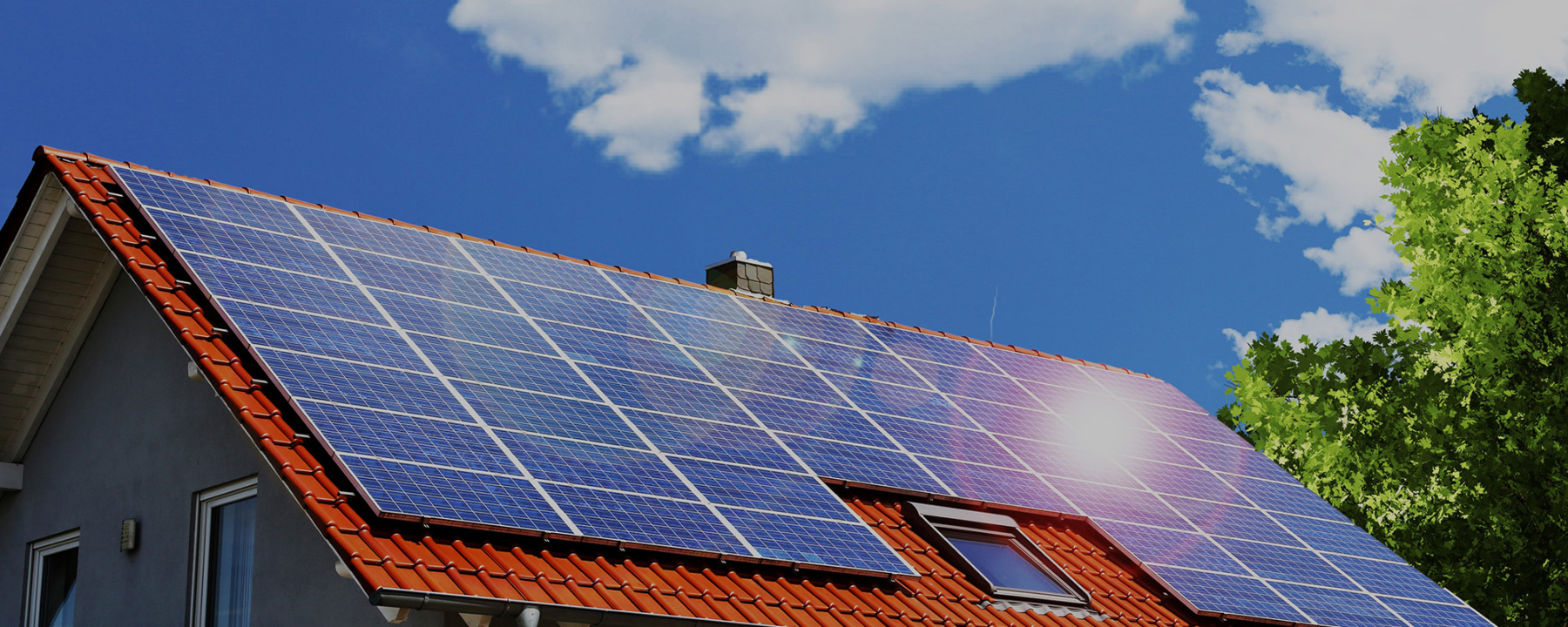The transition to a low-carbon economy is underway. It has huge potential for the UK environmentally and economically. Since 1990, we have reduced our emissions by more than 40% but we clearly still have much to do, as polling suggests two thirds of people have not heard of the term Net Zero[1].
Last week, the Green Homes Grant opened for business, supporting homeowners with home improvements to increase the energy efficiency of their property and reduce their energy bills. Gemserv welcomes this solution into the energy market as a part of greening the economy.
The Green Homes Grant is part of a range of options that support homeowners to make energy-saving improvements to their homes.
We welcome the recent clarity that the Green Homes Grant can work with existing energy-savings solutions, such as Green mortgages and the Green Deal Scheme. The ability to combine a green deal loan with the grant, means you can transform the energy efficiency of your home without the headache of sizeable upfront costs. This could really help towards reducing our national carbon levels and hitting net zero by 2050.
In the UK, 12 million homes are below grade C on Energy Performance Certificates (EPC) ranging from A-G – meaning that two thirds of UK homes fail to meet long-term energy efficiency targets[2]. Consumers are reluctant to invest due to a number of concerns including long-term returns, split incentives between landlords and tenants, perceived hassle of retrofit works, and that energy efficiency investment is not captured in property price. Therefore, government intervention is paramount. There are too many risks for the consumer, and the upfront cost of installing these technologies is still too high. The Green Homes Grant intends to cut this upfront cost and help make 600,000 homes more energy efficient, whilst supporting 80,000 skilled jobs[3] and saving each household an average of £300 a year on bills[4].
The £2 billion investment for the Green Homes Grant, offers homeowners and landlords in England up to £5,000 and 100% of the cost of improvements up to £10,000 for those on low incomes.
Customers must use the voucher for at least one primary (essential) measure. These include insulation, heat pumps, solar thermal and biomass boiler installations. A customer installing a primary measure can also use voucher to help cover the secondary measure – such as window glazing, hot water tank insulation and heating controls.
Gemserv has been involved with energy efficiency, smart metering, and low carbon programmes such as the Green Deal, Biomass Suppliers List, Microgeneration Certificate Scheme, and the Heat Network Investment Project (HNIP), delivering carbon reduction solutions for over a decade.
As the voucher covers two thirds of the cost of qualifying improvements, consumers can make up the other third of the energy efficiency installation by applying to the Green Deal Scheme. The Green Deal Scheme is built to work with a voucher scheme such as the Green Homes Grant. Combining both the Green Homes Grant and the Green Deal will allow more consumers to access energy efficiency improvements and savings on energy bills while reducing their personal carbon footprint and supporting the UK to hit net zero by 2050.
Innovative financial offerings such as these will drive our transition to a low-carbon economy. We will need to continue to drive these products by combining forces of both private and public sector. It is no longer enough for one of the two to foster growth in the green sectors.
Gemserv have recently conducted a review of the Green Deal to receive key feedback from industry participants from consumer organisations, Energy Suppliers, finance, Local Authorities and Housing Associations. This review was delivered for government Department of Business, Energy and Industrial Strategy (BEIS). Gemserv will continue to work with stakeholders to tackle the UK’s net zero challenge.
UK government investment needed to boost the number of EPC ratings by 2035, is up to £65 billion[5]. There is huge potential in this, by 2030, 80,000 jobs could be supported by the domestic buildings sector[6]. Gemserv believes there is further work to do in this field and is open to partnering with companies and charities that want to make a difference.
If you would like to know more, please contact us at info@gemserv.com, +44 (0)207 090 1000.
Footnotes
[1]Institute For Government | Net zero: how government can meet its climate change target
[2]BBC News | Two-thirds of UK homes ‘fail on energy efficiency targets’
[3]+[5]+[6]Energy Innovation Needs Assessment Government Report

